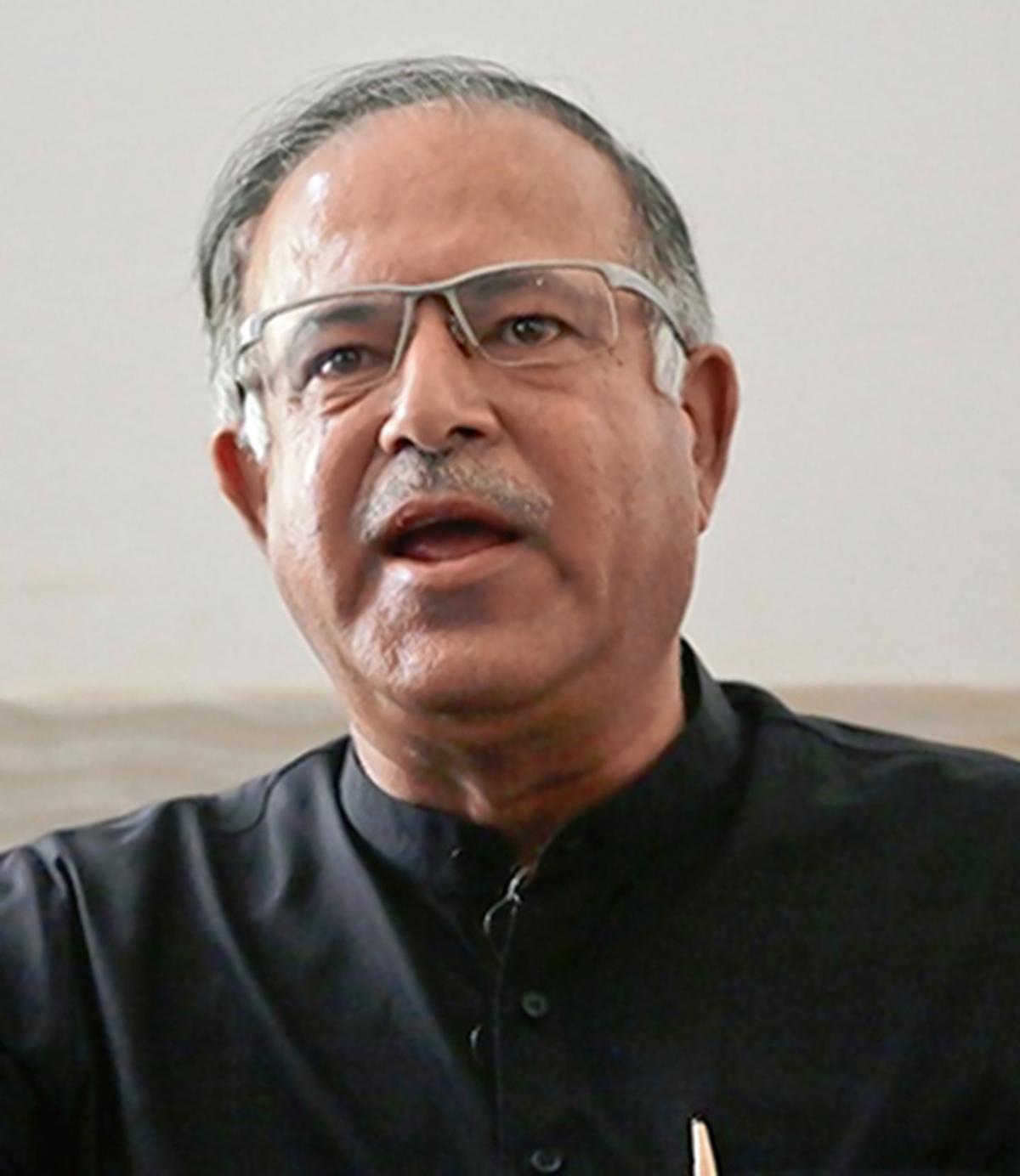| Fourteen months on, Karra yet to constitute committee | | Delay fuels discontent and confusion within Congress | |  Sandeep Bhat Sandeep Bhat
Early Times Report
Jammu, Oct 27: Over fourteen months after his appointment as the president of the Jammu and Kashmir Pradesh Congress Committee (JKPCC), senior leader Tariq Hameed Karra has yet to constitute the full Pradesh Congress Committee for the Union Territory, triggering growing unease and uncertainty among party ranks.
On August 16, 2024, Tariq Hameed Karra was appointed as president of the Jammu and Kashmir Pradesh Congress Committee (JKPCC) in place of Vikar Rasool Wani.
Despite the passage of more than a year, the organizational structure of the JKPCC remains incomplete, with several key posts still lying vacant. Sources within the party say that although Karra has made a few appointments to key officer-bearer positions, the delay in forming the full committee has resulted in organisational drift, confusion, and internal discontent among Congress workers across the two regions.
“The party is functioning in a makeshift manner. There is no clarity on responsibilities or decision-making,” said a senior Congress functionary on condition of anonymity. “Several district and block-level leaders are waiting for direction from the Pradesh Committee, but the structure simply doesn’t exist yet.”
Tariq Hameed Karra, who took over the reins of the JKPCC in August last year following a leadership overhaul by the All India Congress Committee (AICC), was tasked with reviving the party’s organizational strength and preparing it for future electoral challenges in Jammu and Kashmir. However, insiders say the continued delay in forming the new committee has stalled grassroots mobilisation and coordination efforts, particularly at a time when rival political formations have already begun strengthening their organisational machinery ahead of the next assembly elections.
Party insiders attribute the delay to factional differences and consultations between state and central leadership over the composition of the new committee. Some leaders allege that prolonged internal deliberations and balancing regional and community representations have further slowed the process.
Meanwhile, several senior Congress leaders from Jammu and Kashmir have begun expressing concern over the vacuum in the party’s state unit. “Without a proper Pradesh Committee, it becomes difficult to plan campaigns or take collective decisions,” said another senior leader, calling for urgent intervention from the AICC.
Political observers believe that the lack of a functioning Pradesh Committee is hurting the Congress’s prospects in Jammu and Kashmir, especially when other parties like the National Conference, the BJP, and the PDP have already activated their district-level structures.
As the Congress grapples with this organisational paralysis, workers and mid-level leaders continue to wait for clarity and coordination from the top leadership — a vacuum that, if left unaddressed, could further weaken the party’s position in the region. |
|
